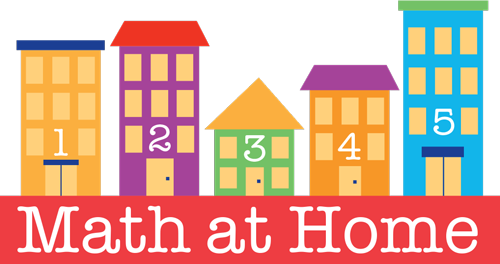Metacognition and Thinking about Thinking
In adult education, students are often reminded that their metacognitive skills are important in the learning process. Teaching students to be aware of how they think, study, and learn is an instrumental in getting them to become aware of their educational needs and advocate for them.
Metacognition is broadly defined as “thinking about one’s thinking.” If you have strong metacognition you probably know that you learn better with visual cues, or you are going to need more than one night to cram for a test. Each of us learns in our own way, with specific nuanced behaviors. Once we become aware of them, we can develop strategies that will support our learning, such as goal setting, self-regulation, evaluate the learning process, and checking and rechecking our work. These are really important skills for children to develop.
How does this work with young children? The development of strong metacognitive skills might take 20 years not 20 months so it is the adults’ responsibility to encourage “thinking about thinking” with the children in their classrooms.
You can do this by encouraging children to check their answers. When you ask,”How many boys and how many girls came to school today?” allow children to develop their own strategies for figuring out the answer. One child may need to group the girls together and then group the boys together so they can be counted. Another child may walk around the circle, counting each girl and then around the circle to count each boy. When they arrive at the answer, rather than telling them they are correct, or incorrect, allow the other children to agree or disagree. You can ask a follow-up question about how they came up with their strategy. All of these will encourage them to think about their thinking.
Ask children how much time they need to figure something out. That way they can consider whether they think the problem is a difficult one and will require more time, or an easy one which will require less. They may not know, but can report after if it took longer than expected or shorter than expected. Even with very simple day-to-day tasks, these prompting questions will encourage metacognition in the children.

Jen:
When discussing cognitive development for preschool children – we will use your reflection here in our discussion about the timing young children need to process throughts as they reflect –
Hopefully this will help students who are challenged by parents who feel \”getting the right answer\” by doing homework and using stencils\” is evidence of learning – we all nedd the time and space to think about our thoughts